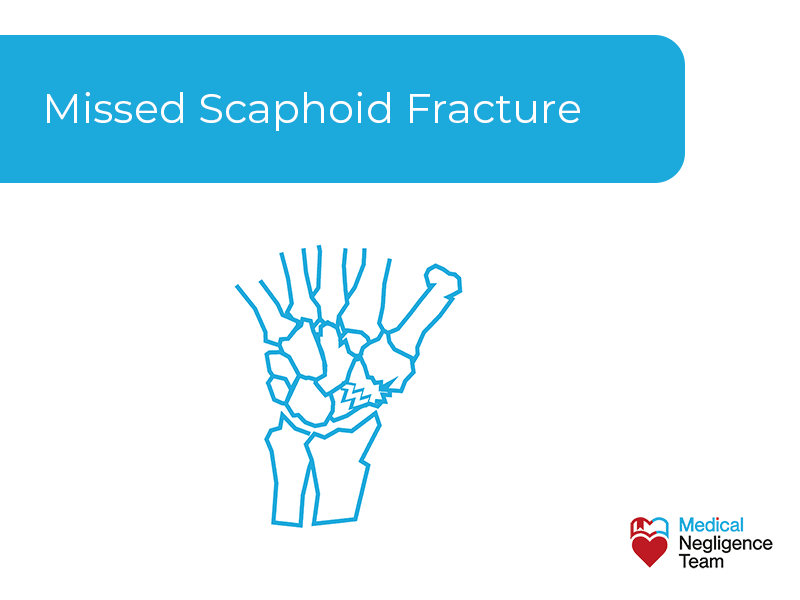Medical negligence is when you receive care from medical professionals that does you harm. It is a standard of medical treatment that would not happen if the medical professional did their job correctly.
Personal injury claims follow medical negligence because of the standard of medical care you experience.
Medical negligence solicitors are the only legal professionals to handle a clinical negligence claim. You should only engage the best legal experts to fight your negligence compensation claim.
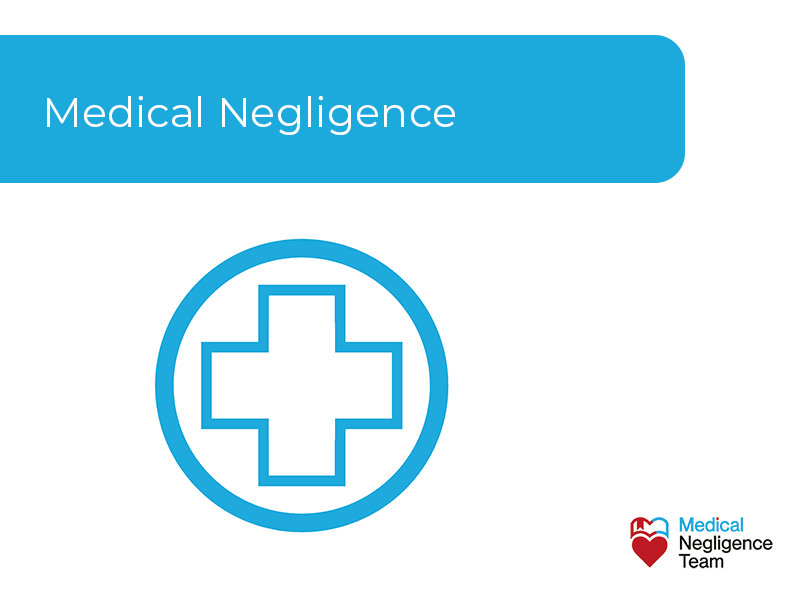
Table of content
What is Medical Negligence?
Medical Negligence is when the medical care provided is of such a low standard that no doctor acting reasonably could have provided such care. Negligence cases in medical settings come from the poor standard of care you receive.
A medical professional in the same area of medicine, such as obstetrics or general surgery, will say the care was negligent and be prepared to do so in court if necessary.
What makes for a successful medical negligence claim?
Meeting the clear signs of clinical negligence makes for a successful medical negligence claim. Three criteria make for a successful claim, and your negligence solicitors will help you identify each one.
The three elements of alleged medical negligence are:
- A negligent act or omission
- A delay in your medical treatment
- Injury from the negligent treatment
Your case needs to contain only one of the three elements to make your compensation claim a successful one.

Negligent act or omission claim
A negligent act or omission is medical treatment which should not have happened. The negligent treatment could include operating on the wrong organ or removing the wrong limb.
It could also be more subtle such as damaging a nearby organ or body part which should have been protected.
A delay in your medical treatment claim
A delay in your medical treatment can have a serious effect on your health. A two-year delay in cancer follow-up could make an existing condition worse and make you very ill.
A successful negligence case will focus on the fact that you have got worse and will need more treatment.
Injury caused by medical negligence claim
Injury from the medical negligence is a key part of any clinical negligence claim. When your negligence specialists can show injury, it makes your compensation claim likely to be successful.
Some cases will result in death, and your loved ones will fight for the compensation due.
What are the types of medical negligence claims?
Types of medical negligence claims include hospital negligence, GP negligence and pharmacy negligence. Each type of clinical negligence causes injury, and you will be due compensation for the pain, discomfort, and any financial losses suffered.
Hospital negligence Claim
Hospital negligence is a claim against a hospital due to negligent treatment or a lack of suitable care from medical professionals.
A hospital negligence claim often includes a never event, where a surgeon removes the wrong organ or operates in the wrong place.
Removing the thyroid on the wrong side is a common example of a never event.
Another never event is when a surgeon operating to remove your gallbladder damages the common bile duct. Massive corrective surgery, known as a roux-loop hepaticojejunostomy, is required to fix the negligence.
You will spend more time in hospital and will need longer to recover. Your solicitors will make this part of your compensation claim.
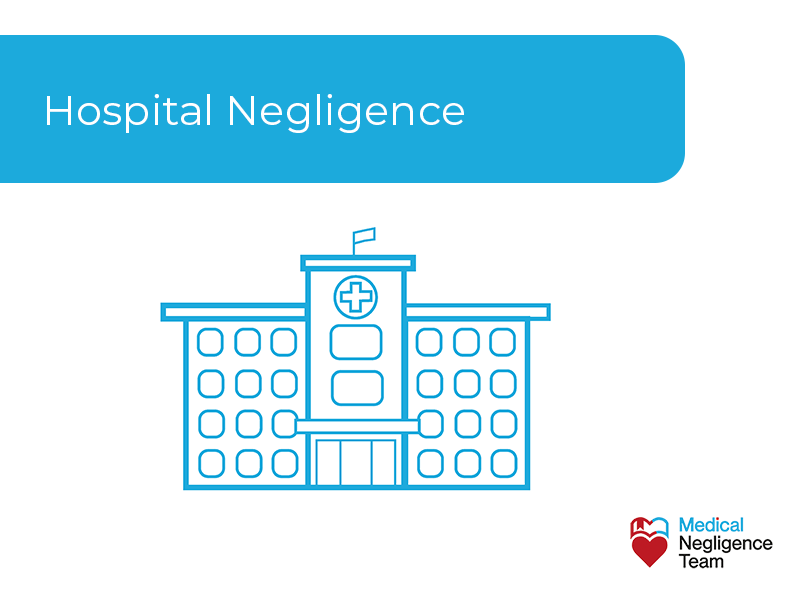
Omission in a hospital negligence claim
Omission in a hospital negligence claim is when the hospital does not call you back for follow-up treatment. Cancer investigations feature a lot in cases of omission.
If you have a scan or test for cancer, such as a colonoscopy you rely on the doctors to read the results properly. If the oncology team finds something concerning but forgets to call you back, you have a case of clinical negligence.
When the hospital does not refer you for further cancer treatment or surgery, you have a clinical negligence compensation claim.
Other examples of hospital negligence claims
Other examples of hospital negligence claims include surgery errors, issues around consent, and accidents when a patient is on hospital grounds.
A few examples of common hospital negligence cases include:
Accident and Emergency negligence
Accident and Emergency negligence claims come from attendances at A&E that go wrong. They are a common cause of compensation claims and include missing a fracture on an X-Ray or failing to diagnose a stroke.
Missing the signs of sepsis
Missing a sepsis diagnosis happens when medical professionals do not spot the clear signs or fail to take the required regular observations. Missing the signs of sepsis should not happen, but it happens a lot.
Sepsis is a serious form of infection that can effect open wounds and also common after surgeries.
Sepsis is a life-threatening disease, and missing the signs is a clear case of medical negligence.
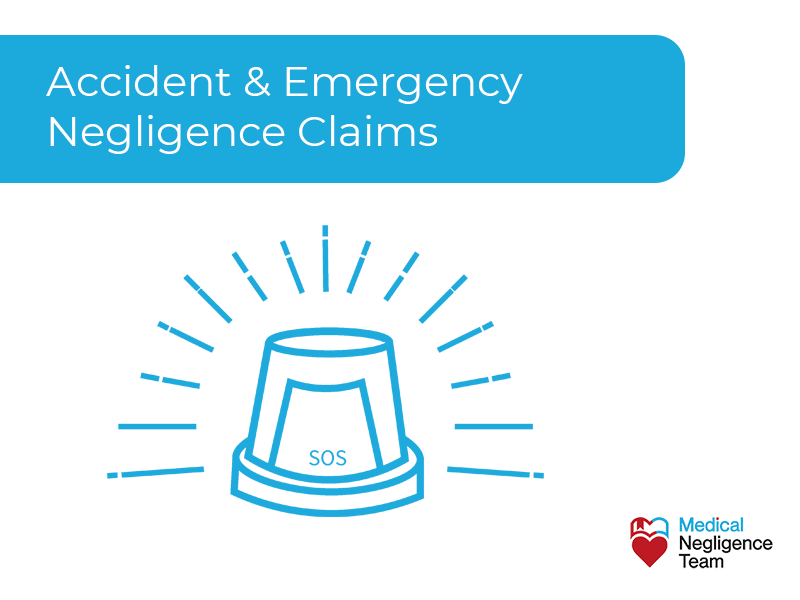
GP negligence
Unfortunately, negligence can happen at your trusted family GP as well as at the hospital. The GP can offer care below accepted standards, and your health can suffer as a result.
GP negligence claims follow when GP medical care harms you or a loved one. Examples of GP negligence claims include:
GP negligence cases happen every day, and their effects can last a lifetime.
Building a successful negligence claim against your GP may not be pleasant, but you should not have to suffer for their negligent treatment.
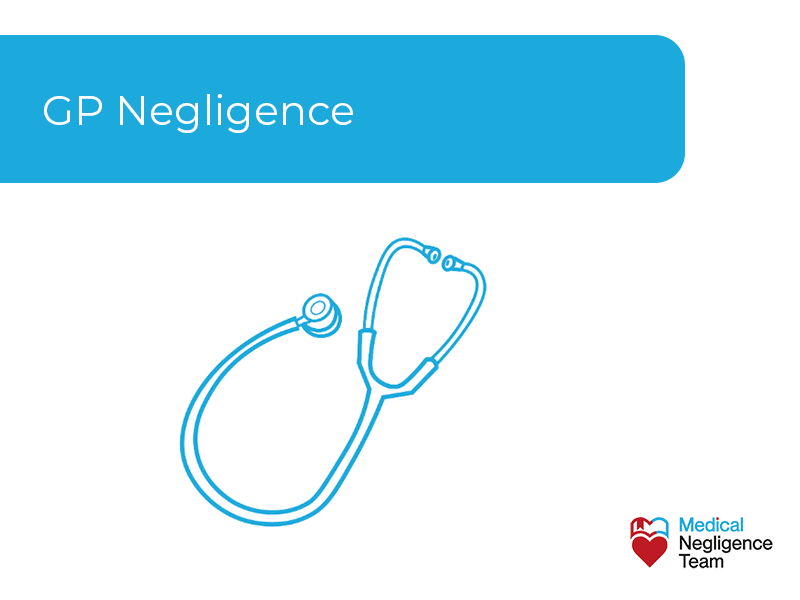
Pharmacy negligence
Pharmacy negligence is when the pharmacist makes an error with your prescription or when handing over your medicine in the pharmacy.
Your pharmacy negligence claim can be for:
If you suffered negligence at the pharmacy, then you should look for medical negligence compensation.
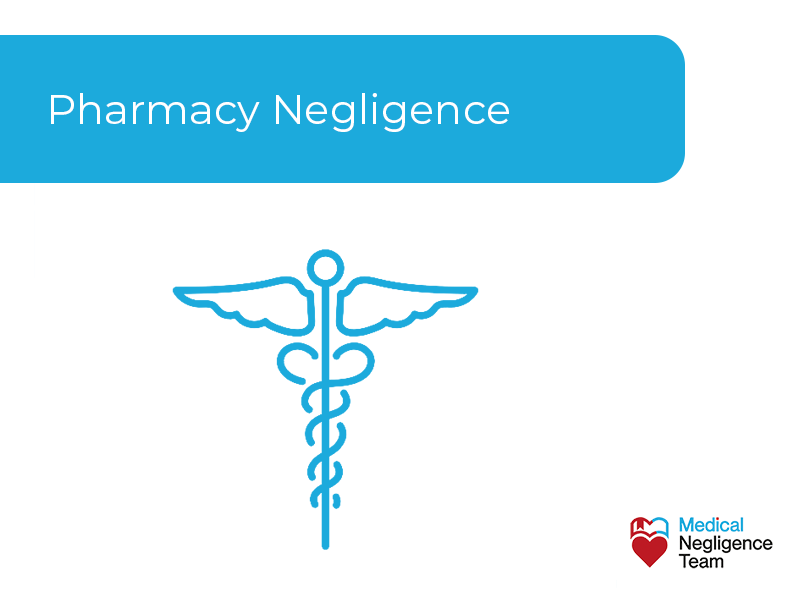
What are the results of medical negligence?
The results of medical negligence range from a few days of pain and suffering to disability or death. Personal injury is a direct result of the negligence, and compensation claims match the suffering caused.
For any negligence claim to succeed you have to prove that an injury occurred because of it. You also need to show that the personal injury would not have occurred if not for the negligence by a medical professional.
A missed fracture in A&E negligence claim
A missed fracture in A&E as a negligence claim is a good example of the results of poor care from a medical professional. There are three areas where you can receive compensation for a missed fracture.
The three areas are:
You only need one of the three for a successful missed fracture claim.
Is medical negligence common?
Medical negligence is a lot more common than people think. Each year there are 12,000 medical negligence claims notified to the NHS for cases against GPs and hospitals.
The win rate for cases of clinical negligence is more than 54.5%.
Specialist medical negligence solicitor firms, like Medical Negligence Team, have a win rate way above the average and are closer to 80% in resolving compensation claims.
NHS Resolution handles Negligence claims
NHS Resolution handles negligence claims for the NHS. Each year it receives around 12,000 new claims of clinical negligence.
Nearly all medical negligence claims in the UK go through NHS Resolution, and they handle most claims against hospitals, GPs, and the pharmacy.
Processing your claim quickly
Processing your claim quickly should be a priority for any firm of solicitors. At Medical Negligence Team we work hard to process all claims quickly and successfully.
If your clinical negligence claim meets all the criteria and you have a good solicitor, your claim will process quickly.
What is the average payout for medical negligence claims in the UK?
The average payout for medical negligence claims in the UK is over £50,000. Compensation amounts depend on the injury and any long-term care need.
How much compensation should you expect?
How much compensation you should expect depends on the extent of the negligence.
Approximately 75% of compensation claims in the UK settle for under £25,000. 25% of claims settle for more than £25,000.
The average compensation payout is over £50,000 because there are many multi-million- pound settlements in the UK.
Who is at fault for medical negligence?
The medical professional is at fault for the negligence. It does not matter where the negligence happened; it is the medical professional who is responsible.
You bring your clinical negligence claim against the NHS hospital, GP or pharmacy for the clinical negligence. The NHS Trust is normally the employer, and NHS Resolution will handle your case.
You should always have a firm of solicitors fighting your side of the case.
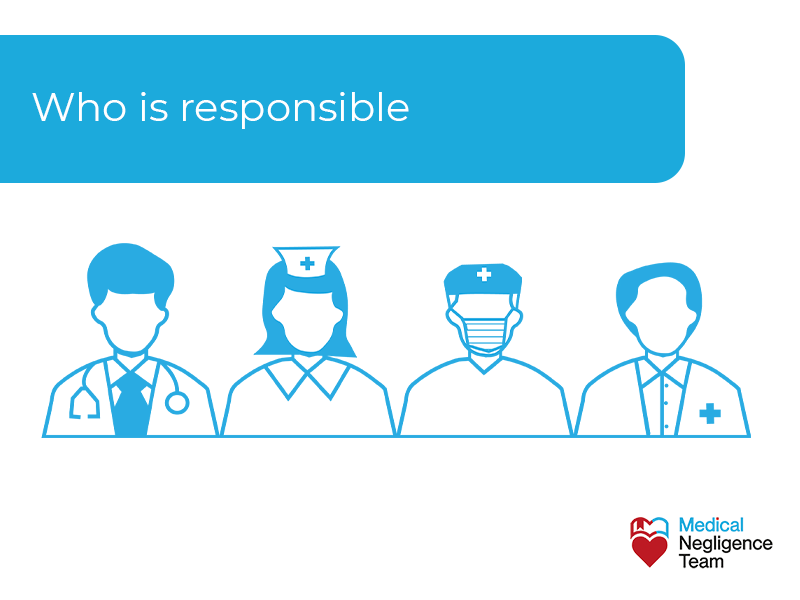
How long do I have to make a medical negligence claim?
You have three years to make a medical negligence claim. In England and Wales, negligence claims must generally be brought, proceedings issued, within those three years.
The three years limit is from the time of the injury, date of death if the limitation period has not expired, or three years of knowledge of the facts giving rise to the claim.
Our Process
Our team members have a higher career win rate with a 75% success rate on NHS letters of claim, compared to an industry average of 54.5%.
Enquiry
The first step is to get in touch and tell us what went wrong. It’s free and easy. Call our 24-hour helpline: 0800 246 1122 or request a callback here.
Medical Evaluation
Once you have spoken with our team we’ll let you know how we can help. Typically the next step is to obtain your medical records for us to review.
Legal Letter
Once all your medical records have been received they will be reviewed by a medically & legally qualified member of our team. If there is evidence of negligence we will send a letter of claim to the negligent party outlining your compensation claim.
Children with a medical negligence claim
Children with a medical negligence claim will have until they reach 21 to start a compensation claim.
Children under 18 years of age can sue for compensation through their parents or trusted guardian.
Persons under a disability, someone who lacks capacity, are not subject to any limitation period.
Mental Health Issues
Mental health issues and clinical negligence claims operate a bit differently. Mental health issues would not typically mean there is a lack of capacity, but if the issues come from medical negligence, there is a case to fight.
A person with a brain injury requiring help and assistance with cognitive issues would be classed as a person who lacks capacity. There are not any time limitations in these cases.
How do I make a Medical Negligence claim?
To make a medical negligence claim, you follow a few simple steps. If you have the procedure right from the start, your claim for clinical negligence will go quickly and smoothly.
Employing the best solicitor, along with the correct medical advice, will get you the compensation you deserve for any suffering caused.
Always use a firm of clinical negligence solicitors approved by the Solicitors Regulation Authority.
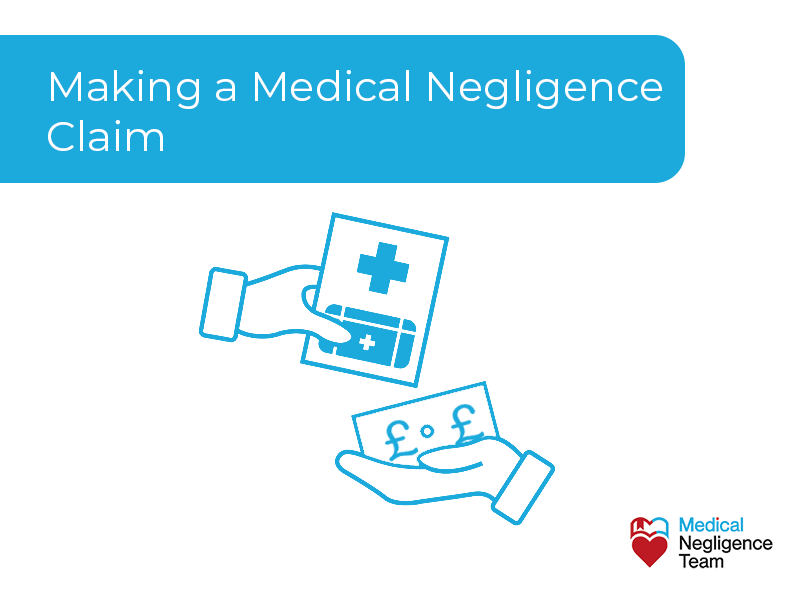
Medical negligence claims process
Knowing the steps involved when suing for medical negligence is a key part of the process. When you follow them correctly and get all the facts and figures together, a team of expert solicitors will do the rest.
Step 1: Seek medical advice
Seek medical advice on the injuries you have suffered or are suffering with, immediately you realise you experienced clinical negligence.
The doctor will confirm your negligence injuries and write a detailed report for your medical records.
Step 2: Contact specialist medical negligence solicitors
Contact specialist medical negligence solicitors to take on your case. Always use a firm that operates on a No Win No Fee basis and tell them what went wrong.
The right solicitor will look at your case, see where the problem lies, and advise if they think you can prove medical negligence caused your injury.
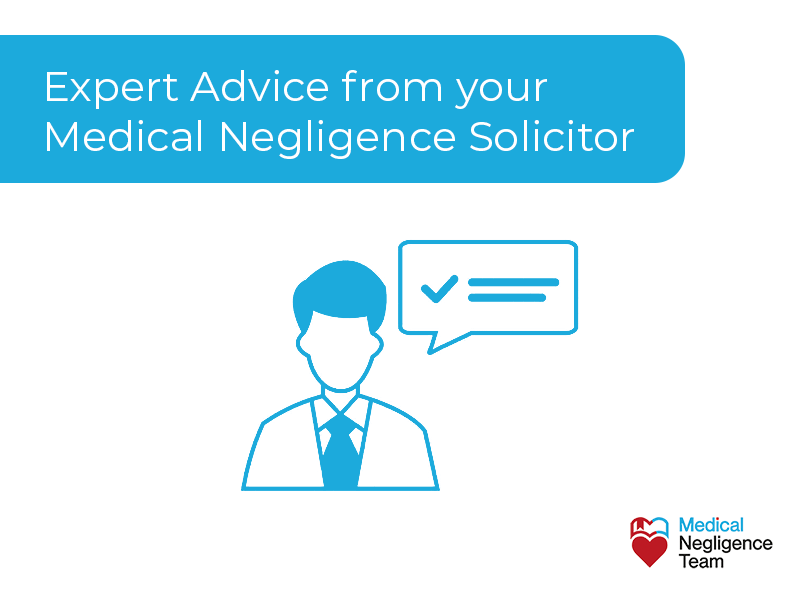
A No Win no fee medical negligence claims process
A No Win No Fee medical negligence claims process is where you do not pay any legal fees when a case is not successful.
You should not have any financial risk when fighting for a compensation award. The negligent party should pay any legal costs and legal fees.
A 100% Compensation Guarantee Scheme
A 100% Compensation Guarantee scheme is where you get all the money awarded to you in a medical negligence claim.
The Medical Negligence Team run a 100% Compensation Guarantee scheme, and you will get all the money awarded in the compensation case.
You are the one who suffered medical negligence, and you should get all the money due for the suffering. If a solicitor tells you they have a ‘win fee,’ then head for the door.
Step 3: Your medical negligence solicitor obtains your medical records
Your medical negligence solicitor obtains your medical records with your permission. By reading your records, they will confirm if they think you have a valid medical negligence compensation claim.
The medical negligence team will know from reading your medical records if the case will result in medical negligence compensation being paid.
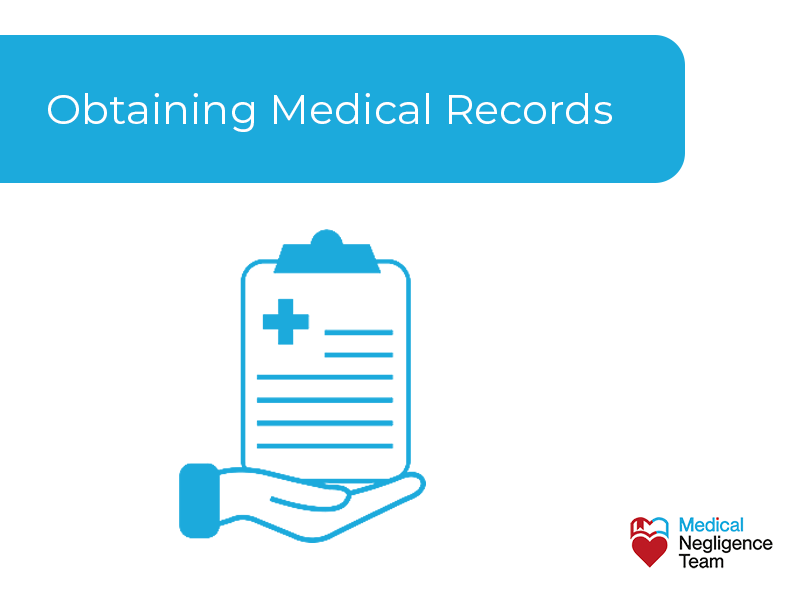
Step 4: The medical negligence solicitor sending a letter of claim to the negligent party
The medical negligence solicitor sending a letter of claim to the negligent party is the next step. The letter will ask them to admit medical negligence in what is known as ‘sending a letter of claim.’
When the negligent party receives the letter of claim, it has up to four months to provide a written response.
Step 5: Getting a response from the negligent party’s insurer
Getting a response from the negligent party’s insurer will move your compensation claim closer to a conclusion.
The insurer will either admit the medical negligence or say they intend to defend the case. Deciding to defend the case is known as ‘deny liability’ in legal terms.
If they admit liability, your medical negligence claim can be valued.
The two parties will meet to decide on the medical negligence compensation payment due to you. Your solicitor will negotiate with the negligent party and use their experience to get what you deserve.
Step 6: Issuing court proceedings
Issuing court proceedings is the next step if they deny liability in your medical negligence case. Going to court happens too when they are not prepared to pay a fair amount for your injuries.
Your medical negligence solicitor issues the proceedings. Remember that less than 1% of cases end up in court, and very few of those cases ever make it to the courtroom.
Make a medical negligence claim today
Contact the Medical Negligence Team solicitors to fight your case of clinical negligence. We have the experience and the fully qualified team to win your compensation case. Our team of trained legal and medical experts will advise you along every step of the claims process. We operate a full No Win No Fee policy and have a 100% Compensation Guarantee Scheme.
Contact us today for all your medical negligence needs.



